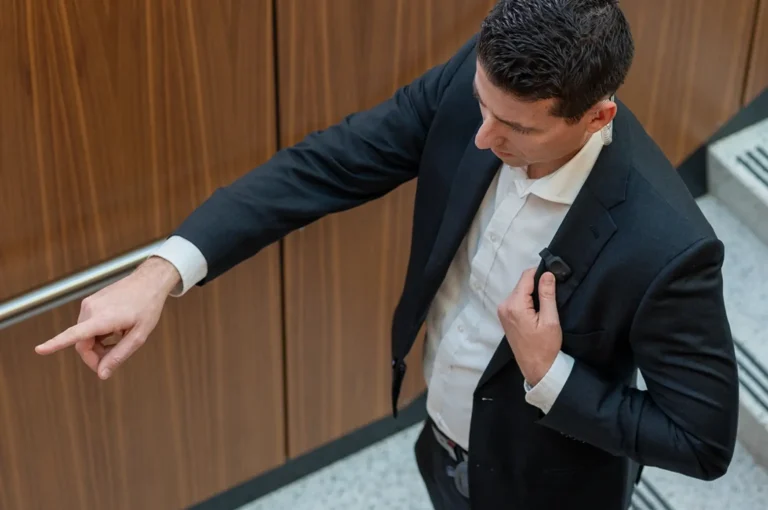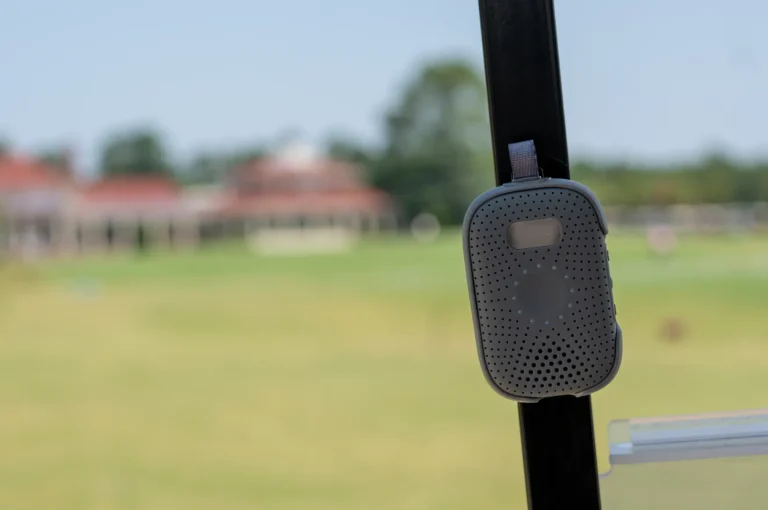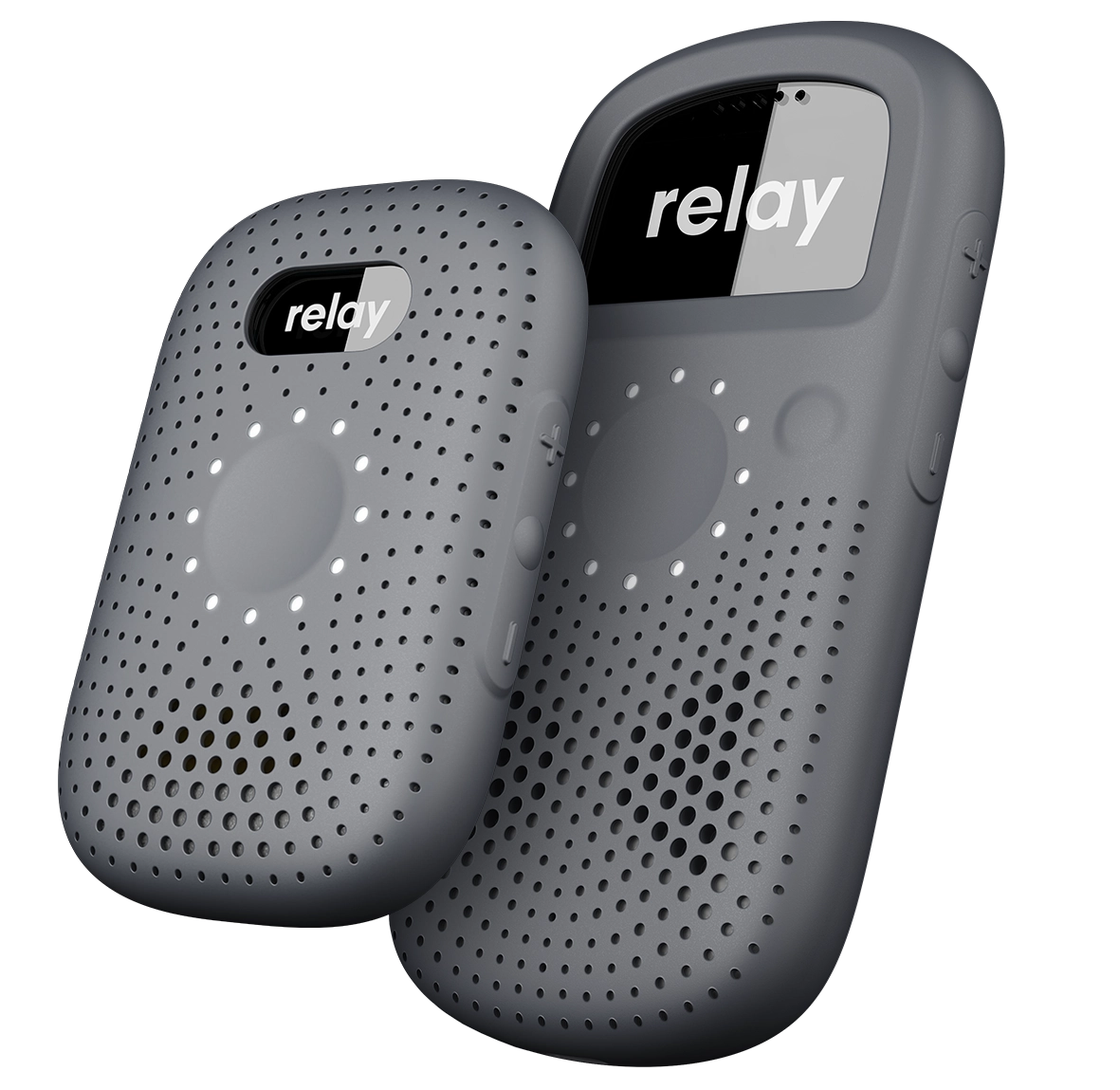The hospitality industry has seen a significant shift over the last few years, especially as the effects of the pandemic ease. While the pandemic saw a considerable downturn in hospitality, there are encouraging signs that post-pandemic, hospitality is going strong. The travel industry is predicted to recover strongly in 2024, with global hotel occupancies increasing by 2.5%. Room demand is also anticipated to be at its peak, with continued growth over the next few years.
However, as the hospitality industry shifts towards an upward trajectory, plenty of statistics demonstrate how shifting consumer needs are changing expectations. For hospitality leaders, staying ahead of evolutions and adapting to consumer needs will be instrumental for growth moving forward. Here are 8 hospitality trends that prove the industry is changing.
- Staff retention is a priority area.
While guests may be returning in droves, finding and retaining staff has become increasingly challenging for many brands. There is now a significant push to improve and evolve working standards for hospitality employees to prevent high turnover rates. With hospitality staff becoming harder to recruit and retain, the focus for brands is to keep employees engaged.
Brands are now implementing new solutions and processes to help staff feel empowered, happy, and confident working with them. Staff retention strategies brands have adopted include measures such as low-cost or free accommodation options, higher wages, and other innovative measures to take care of staff.
- Keep in touch – but don’t make contact.
Another emerging trend that proves how much the industry has changed over the years is the expectations around communication. With more tech and innovation available to keep in touch with guests, it seems like all guests want to do is keep in contact without actually having to interact with anyone. Keeping in touch can include automated solutions like chatbots, text and social media messaging to send comms around common touch points such as wait times, check-in, security information, and other messages to keep guests informed without making frequent contact.
- Employee safety and communication need to be seamless.
A seamless communication experience isn’t just for guests but also for employees. As the hospitality industry changes, it’s more important than ever for employees to feel safe, heard, and seen at all times. Employee safety in the face of unpredictable guests and aggressive situations has become an important topic as they navigate these high-pressure situations. Many brands have already instituted emergency alert measures, including tech solutions for rapid employee communication and panic button mandates to ensure employee safety.
- Sustainability is changing perceptions of hospitality and what customers expect from hospitality venues.
As concerns about the environmental impact of tourism and travel grow, many hotels are looking inward at their operations to mitigate their carbon footprint. There is a growing need for hotels to reduce waste, reduce the usage of resources such as water and energy, and find new eco-friendly ways of construction.
In 2021, 83% of global travelers think sustainability is essential, and 61% state that, post-pandemic, they would like to travel more sustainably. Many brands have already started undertaking measures (e.g., new measures for waste management and managing laundry processes), but consumers will likely expect more as their awareness of environmental issues continues to increase.
- Generative AI will start to play a more prominent role in marketing, strategy, and operations.
There is a growing trend towards adopting generative AI in hospitality, and this is likely to increase as more brands begin to experiment with the technology. Generative AI has been one of the single largest technological advancements over the years, and its possibilities are endless.
As hospitality brands look for rapid growth opportunities, leveraging generative AI for travel advice, communication, analytics, and more will become a larger trend. Those who can quickly adapt generative AI to core functions like marketing, operations, and communications will be significantly ahead of the curve.
- Focus on the right tech, not the Metaverse
While generative AI is seeing massive demand, not all tech is equal. While it might be tempting to look at experiential tech like the Metaverse or augmented reality (AR) as new ways to drive interest, the novelty may soon wear off. While focusing on the overall customer experience is important, think about what value tech adds for staff and guests before investing in it.
While 34% of customers expressed interest in features like virtual reality hotel tours, most hotel brands see it as a complex, impractical solution that’s difficult to implement. However, other tech solutions such as automated marketing messages, employee safety devices, and the Internet of Things (IoT) are becoming a major investment area for hospitality brands moving forward.
- Look at what retail is doing.
As hospitality brands compete for footfall, looking outside the category may help. Many hospitality brands are now taking inspiration from retail, including more substantial health and safety measures, experiential design, curated collections, and unique amenities to differentiate themselves from the rest.
For hospitality brands looking towards future investments, understanding adjacent categories such as brick-and-mortar retail may inspire how to bring more guests in. Many retail brands have now paired with social media influencers to increase brand awareness, created experiential shopping spaces, and introduced more creative design into interiors. For hospitality brands looking to stand out from the rest, retail can provide a lot of inspiration on moving forward.
- New types of travel are on the rise
As more consumers balance work with pleasure, there is more of a shift to maximize time while traveling. Alternative travel styles such as bleisure and digital nomadism are on the rise. More and more travelers are expecting hospitality brands to accommodate work needs (e.g., fast internet for Zoom calls and easy telecommunication solutions for calls) as well as leisure needs. Hotel brands need to be able to flex and adapt to shifting needs as people go from working during the day to exploring their surroundings in the evenings and weekends. Rapid communication between employees to offer different solutions based on comfort and convenience will be key as it may become more challenging to immediately anticipate work and non-work related needs.
Conclusion: Invest Where it Makes Sense For You
With the hospitality industry slated for growth, it’s essential not to fall behind. Investing in the right tech to facilitate communication ensures that both staff and guests feel safe and comfortable in their surroundings. With staff safety and retention being vital focus areas for hospitality brands, solutions like Relay offer innovative solutions for staff safety.






